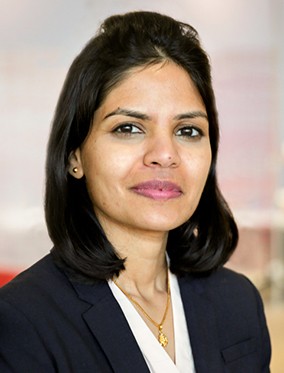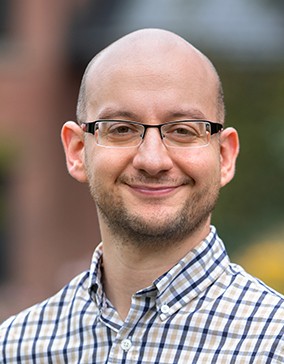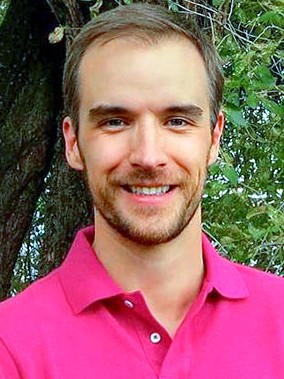Three on faculty awarded DOE early career grants
By Melanie Lefkowitz
Three Cornell faculty members were awarded grants by the U.S. Department of Energy as part of its Office of Science Early Career Research Program.
All three – Greeshma Gadikota, assistant professor of civil and environmental engineering and the Croll Sesquicentennial Fellow; Jared Maxson, Ph.D. ’15, assistant professor of physics; and Brad Ramshaw, assistant professor of physics – will receive at least $750,000 over five years to support their scientific endeavors.
Gadikota will use the funds to pursue her research in developing clean methods for storing and delivering energy, while simultaneously converting the carbon dioxide created in energy production to a useful, environmentally harmless solid. For example, converting carbon dioxide to calcium or magnesium carbonate would create a potential construction material.
Gadikota aims to harness X-ray scattering techniques to observe chemical reactions as they occur, which could yield information enabling researchers to produce hydrogen without creating greenhouse gases, or to observe the reaction environments for any solid-liquid-gas system. “We want to uncover the whole story,” she said, “and by doing this we hope to develop techniques that are scientifically universal.”
Gadikota joined the College of Engineering faculty in 2019. She received her bachelor’s degree in 2007 from Michigan State University and her doctorate in chemical engineering in 2014 from Columbia University. At Cornell, she also directs the Sustainable Energy and Resource Recovery Group.
Maxson’s research aims to create electron beams that can observe interactions of light and matter on some of nature’s fastest time scales – quadrillionths of a second. Ultrafast light-matter interactions interest researchers because they can generate and control entirely new properties in materials, potentially including superconductivity.
“We want to make an electron beam probe that can watch light rearrange atoms in real time, to enable researchers to understand how and why new phenomena emerge on very short time scales,” Maxson said.
Maxson, whose lab studies high-brightness electron beams, joined the College of Arts and Sciences faculty in 2017. He received his bachelor’s degree from Lehigh University in 2009.
Ramshaw’s research proposes a new method, based on extremely high-frequency ultrasound, to solve the decades-old problem of measuring the viscosity of electrons moving through ultra-pure metals.
Uses for highly purified metals such as copper, gold and aluminum include transporting electrical power and shuttling information between cell phone components, but little is known about how they carry electricity at the nanoscale. Ramshaw’s project hopes to answer fundamental questions about how electrons in metals interact with each other, and to guide the use of new ultra-pure metals into future nanoscale electronic devices.
Ramshaw, whose lab designs and builds experiments to probe the fundamental transport and thermodynamic properties of quantum materials, has been on the Arts and Sciences faculty since 2017. He received his bachelor’s (2007) and doctoral (2012) degrees from the University of British Columbia.
Gadikota, Maxson and Ramshaw are among 73 scientists nationwide awarded grants from the Department of Energy’s early career program in 2019. Now in its 10th year, the program aims to bolster the nation’s scientific workforce by supporting exceptional researchers during their crucial early career years, when many scientists do their most career-defining work.
Media Contact
Get Cornell news delivered right to your inbox.
Subscribe



